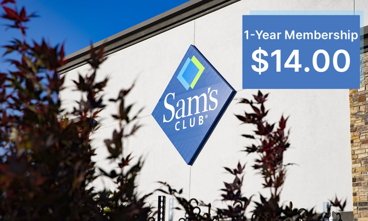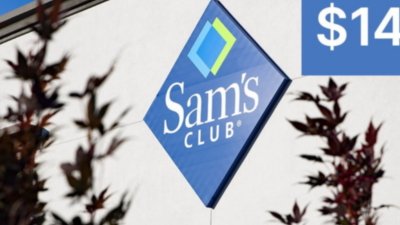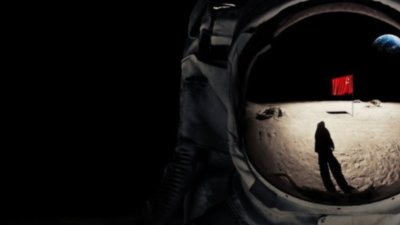Apple outlines shift in strategy, rise in R&D spending, more
Business Strategy
In particular, the Cupertino-based company used the latest 10-K filing to describe its overall business strategy differently this year. Last year, the company focused on its "digital lifestyle" products for consumers and the company's stronghold markets in education and creative professionals, relegating all other business into a single sentence.
This year's report outlines "consumer and small and mid-sized business," education, and then emphasizes "enterprise, government, and creative" as being the core target of its "high end hardware solutions," including the Mac Pro, MacBook Pro, and MacBook Air. Â
Retail
Apple reported a new total of 247 retail stores, including 205 in the US and 42 internationally, compared to 197 stores, 174 in the US and 23 in just Canada, Japan, UK, and Italy. It notes a primary goal the stores to expand its installed base by selling its products to people who "do not already own the Company's products."
R&D Investment
In research and development, Apple's filings outline a significant progression of new spending from $535 million in 2005 to $712 million in 2006, $782 million in 2007, and now $1.1 billion in fiscal 2008, more than twice what the company invested just three years ago.
Apple noted that the 42 percent increase in 2008 was "due primarily to an increase in R&D headcount in the current year to support expanded R&D activities and higher stock-based compensation expenses."Â
Excluded from the R&D figures are $11 million in software development costs related to next year's Mac OS X 10.6 Snow Leopard. In 2007, the company similarly excluded $75 million in capitalized software development costs related to the current Mac OS X 10.5 Leopard and iPhone.
Also up are expensed related to reimbursing Steve Jobs for "the operation of his private plane when used for Apple business." That number is at $871,000 for 2008, up from $776,000 last year and $202,000 in 2006. Whether Jobs is flying significantly more or if that new expense is associated primarily with the sharp increase in fuel costs is not apparent from the report.Â
Intellectual Property
Related to patents, this year's 10K notes that the "Company has accumulated a portfolio of several thousand issued patents in the U.S. and worldwide. In addition, the Company currently holds copyrights relating to certain aspects of its products and services. No single patent or copyright is solely responsible for protecting the Company’s products."
It also makes the new observation that, "The Company believes the duration of the applicable patents that it has been granted is adequate relative to the expected lives of its products. Due to the fast pace of innovation and product development, the Company’s products are often obsolete before the patents related to them expire, and sometimes are obsolete before the patents related to them are even granted."
Worldwide Operations & Headcount
The share of Apple's sales made in the US fell from 60 percent of its net sales in 2007 to 57% in 2008, highlighting the company's increasing expansion overseas. The near doubling of international retail stores also plays a part in this changing ratio, which is occurring even as Apple's sales increase to new highs across its product line.
Apple also reported an increase in full-time equivalent employees from 21,600 to 32,000, and a jump in temporary employees and contractors from 2,100 last year to 3,100 at the end of its fiscal 2008 in September.
Compensating Fadell as a Consultant
The filings also noted that as a result of the departure of iPod chief Tony Fadell from his day-to-day duties at Apple, the company has entered into a Transition Agreement and a Settlement Agreement under which Fadell will receive a salary of $300,000 annually for his new role as Special Advisor to Jobs.
He'll also be entitled to bonus and other health and welfare benefits generally available to other senior managers for the duration of the Transition Agreement, which remains in effect until March 24, 2010. The Transition Agreement also provides for the cancellation of outstanding and unvested 155,000 restricted stock units held by the executive.
Upon approval by the Compensation Committee of the Company’s Board of Directors, Fadell will be granted 77,500 restricted stock units that will vest in full on March 24, 2010, subject to his continued employment with the company through the vesting date and further subject to accelerated vesting if the Company terminates his employment without cause.
"The restricted stock units are payable upon vesting in shares of the Company’s common stock on a one-for-one basis," Apple said. "The Settlement Agreement includes Mr. Fadell’s release of claims against the Company and agreement not to solicit the Company’s employees for one year following the termination of his employment."
 Prince McLean
Prince McLean










 Malcolm Owen
Malcolm Owen
 Christine McKee
Christine McKee

 Amber Neely
Amber Neely

 William Gallagher
William Gallagher









